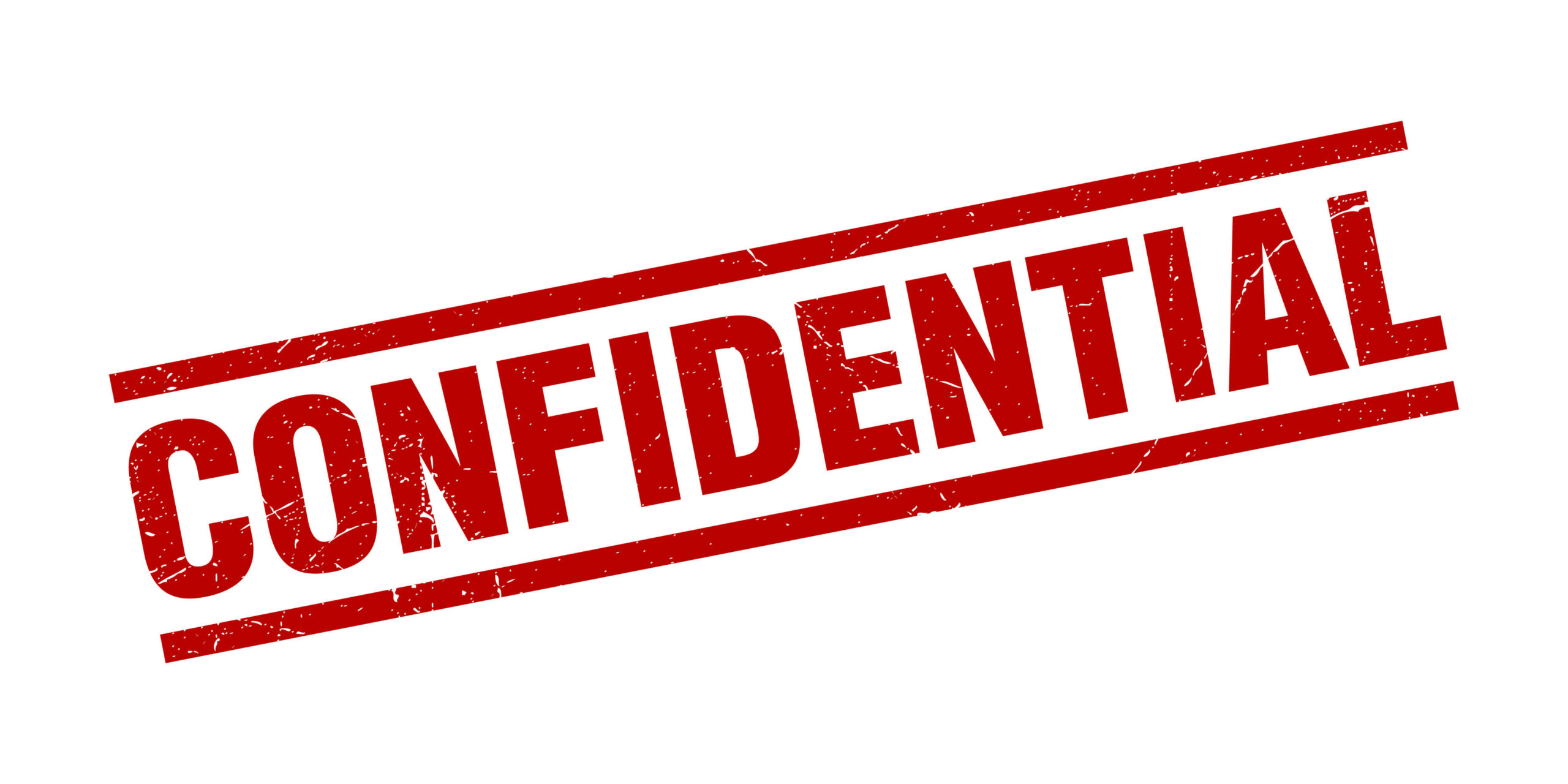HOMENEWS & INSIGHTS
Understand the scope of Litigation Privilege
If a document is “privileged” a party may be entitled to refuse to disclose it to third parties, including an opponent in litigation. It is an absolute right which cannot be overridden except in very limited circumstances.
But how does privilege arise, and what are the circumstances in which a party may refuse to give disclosure?
Firstly, there are two main types of privilege.
“Legal advice privilege” protects confidential communications between a legal adviser and their client (but not with third parties) provided that the purpose of the communication was to seek and receive legal advice in the relevant legal context. (You should therefore exercise caution if you intend to seek legal advice from non-lawyers in relation to non-contentious matters as such communications will not be protected by legal advice privilege.)
“Litigation privilege” protects confidential communications (oral or written) between a client and/or third parties and/or professional legal advisers, provided that the communications were created for the dominant purpose of obtaining legal advice, evidence or information in preparation for litigation which is in progress or is reasonably in contemplation.
However, a dispute between West Ham and the owners of its stadium, E20, relating to the number of seats West Ham is entitled to use in the stadium, has helped clarify the scope of litigation privilege.
The issue in the case concerned the number of seats in the stadium that West Ham Football Club was permitted to use in return for an annual usage fee. E20 withheld full disclosure of a number of documents (including emails between E20’s board and members of the board and other stakeholders) on the grounds that they had been created with the dominant purpose of discussing a commercial settlement of the dispute at a time when litigation was in contemplation and that they were therefore privileged.
The Court of Appeal disagreed: the documents were not protected by litigation privilege as they did not reflect legal advice.
The Court of Appeal held that conducting litigation includes deciding whether to litigate and also whether to settle a dispute and so documents which contain such information or advice which cannot be disentangled are covered by litigation privilege. However, there is no separate claim for privilege for internal communications which fall outside the ambit of litigation privilege because they neither seek advice nor information, and are documents which contain purely commercial discussions about settlement of a dispute (such as board meeting minutes or emails discussing that topic); such communications are not protected by litigation privilege.
This decision follows earlier decisions in the same case in which the judge granted an application for the inspection of documents which had been redacted on grounds of irrelevance and commercial sensitivity. The judge emphasised that parties must be prepared to face the consequences – including costs consequences – if they are later shown to have taken an over-zealous approach to the redaction of documents.
These decisions illustrate the importance that the courts attach to the obligation on parties to give disclosure of documents in litigation.
The Court of Appeal’s decision, in particular, will have significant implications in all commercial cases. The key takeaways are:
- If board members or employees hold internal discussions about a commercial settlement of a claim and those discussions (a) do not involve obtaining evidence or advice for the claim or (b) go beyond merely reflecting legal advice which may have been received, litigation privilege is unlikely to be available and documents recording such discussions will have to be disclosed to your opponent.
- All those with an interest in a dispute should understand the importance of retaining litigation privilege and should identify at the earliest possible stage who will deal with communications which are to take place, and set up parameters for restricting the circulation list;
- Consider appointing an external legal adviser at the earliest stage in relation to any concerns about litigation privilege;
- Identify the key stakeholders at the outset and ensure that others do not create documents.
- Be cautious about all communications but be particularly cautious about your written communications.
If you would like any further information with regard Litigation Privilege please contact one of our Dispute Resolution experts.
This article is for general information only and does not constitute legal or professional advice. Please note that the law may have changed since this article was published.
Share article
Our offices
Contact Us
5 Poole Road
Bournemouth
Dorset
BH2 5QL
Tel 01202 377800
9 Poole Road
Bournemouth
Dorset
BH2 5QR
01202 377800


